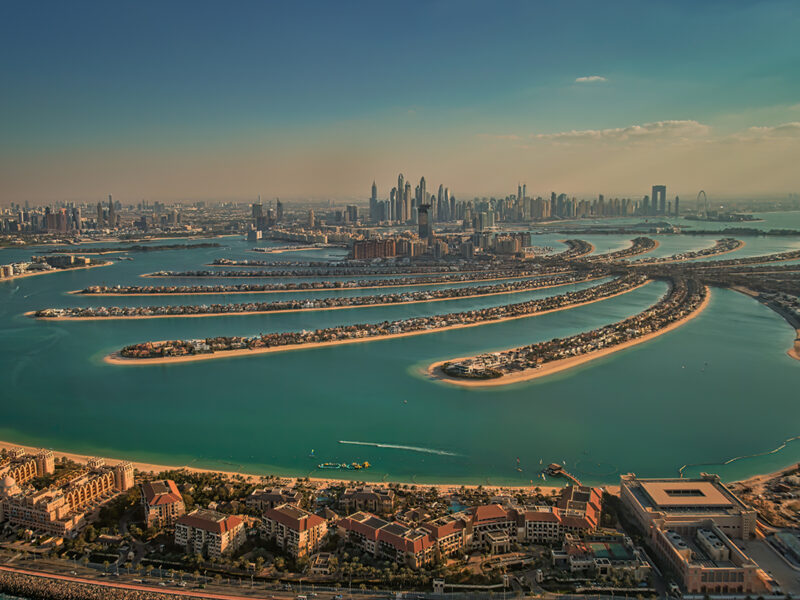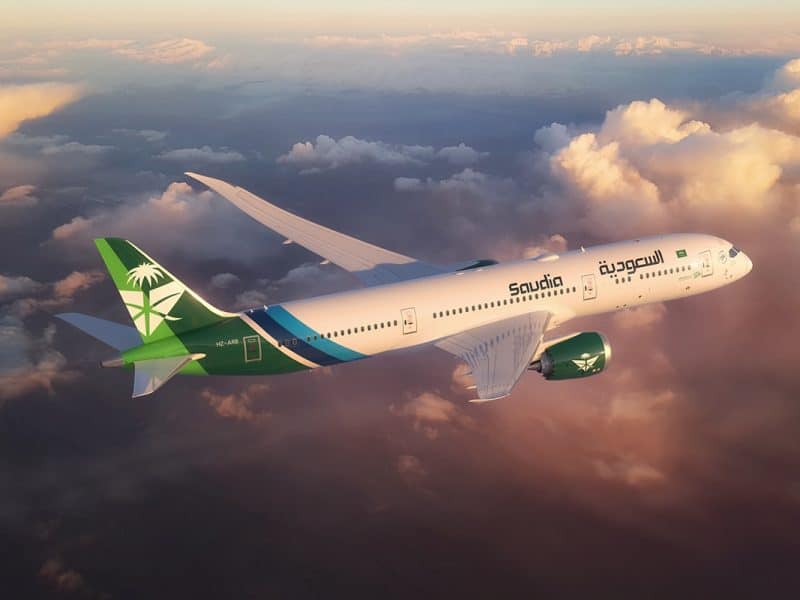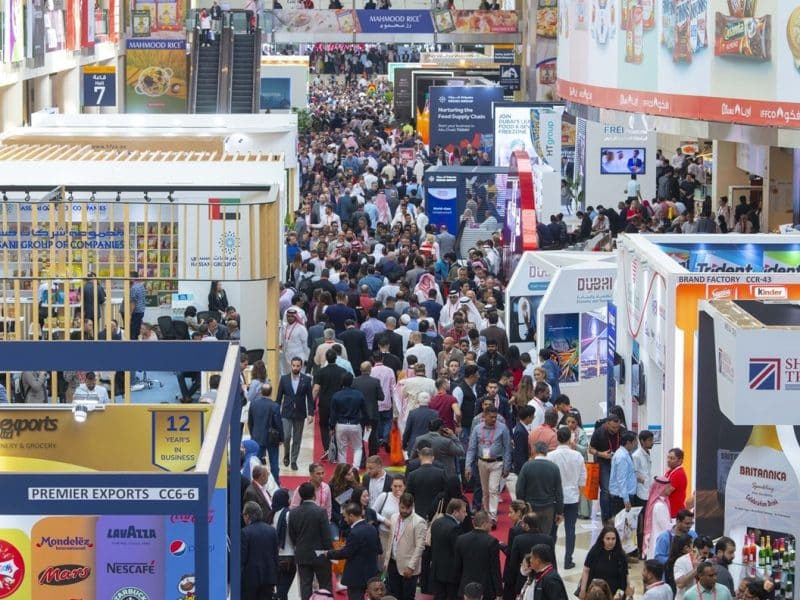The Abu Dhabi Investment Authority, among the
world’s largest sovereign wealth funds, is ramping up its private equity
activities after a relatively subdued period over the past two years, sources
familiar with the fund’s plans said.
Staffing within ADIA’s private equity department
will likely more than double from its current complement of around two dozen,
sources said, although no specific allocation targets have been set.
“There are significant plans to increase
private equity staffing, several industry executives have been approached in
the last month,” said one source who was approached.
The Abu Dhabi fund is also looking to significantly
boost its investments in infrastructure as it is not satisfied with its current
exposure, sources said.
ADIA – whose assets range from Citigroup bonds to a
stake in London’s Gatwick Airport – does not disclose its net worth and
declined to comment on the changes. The Sovereign Wealth Fund Institute estimates
its value at $627bn and ranks it among the largest in the world.
ADIA is looking to raise its allocations to some of
the world’s largest private equity houses and has arranged meetings with many
of them, several sources familiar with the matter said.
It is also adding broader geographic expertise in
Asia, Africa, Latin America and Australia.
“Discussions are on with some leading players
and some not so well known names about allocating more on the private equity
side,” another private equity source said, who like others declined to be
named because of their ties to the fund.
The sovereign fund began investing in private equity
in 1989. In its latest portfolio review published on Tuesday, two to eight
percent of its assets are invested in private equity.
Based on the range and estimated size of ADIA, its
private equity allocation could range between $12.5bn to $50bn, but a source
indicated that given the low level of activity, holdings were currently closer to
the lower end of that range.
ADIA appointed private equity veteran James Kester
as chief investment officer in November 2010 after a prolonged search. He
replaced Georges Sudarskis, who had ratcheted up ADIA’s portfolio considerably
over 10 years before leaving to launch his own company.
The global private equity industry is estimated to
be between $800bn to more than $2 trillion, but as a number of funds are still
struggling to deploy assets collected and committed before the financial crisis,
many say it will be tough for the industry to digest a large influx of money
from sovereign funds.
ADIA is also keen to put more money into ongoing
programmes to develop local infrastructure, including transport networks,
schools and hospitals, and diversified industries in order to break the
emirate’s reliance on increasingly volatile oil prices, this person said.
The fund’s infrastructure investment allocation is
among the smallest within total assets under management, with a targeted range
between 1 to 5 percent.
“Historically investors in the Middle East have
been comfortable with real assets and may now be more so, particularly after
the whack many SWFs took in the financial crisis and resultant scrutiny in
their home countries,” said one expert who deals regularly with sovereign
wealth funds.
Given historically low yields, ADIA appears to be
looking at its government debt holdings and how to best structure the
portfolio, in line with the thinking at most other large wealth managers.
Large sovereign funds have been willing to allocate
more money to alternative investments like private equity in the recent past
given low returns in conservative asset classes such as US treasuries.
China Investment Corp (CIC), the country’s $400bn
sovereign wealth fund, made $35.7bn in fresh offshore investment last year,
with a focus on infrastructure projects, private equity investment and real
estate trusts (REITs).
Qatar Investment Authority (QIA), among the most
aggressive of sovereign funds, raised its private equity allocation by $19bn in
2010, a source familiar with the matter said.
“It is widely known that sovereign wealth funds
want to add to private equity allocations, and for a variety of reasons,”
said one London-based private equity insider who manages SWF money.
“With inflation at 4-5 percent and Treasury
yields almost negligible, they’re losing money even if their currencies are
pegged to the dollar.”
ADIA returned 7.6 percent on an annualised basis
over a 20-year period, as of December 31, 2010, it said in a review released
Tuesday, in which it also raised concerns about global economic growth
prospects.
Last month, ADIA restructured its external equities
department, separating indexed funds from active funds as part of a more focused
strategy.









